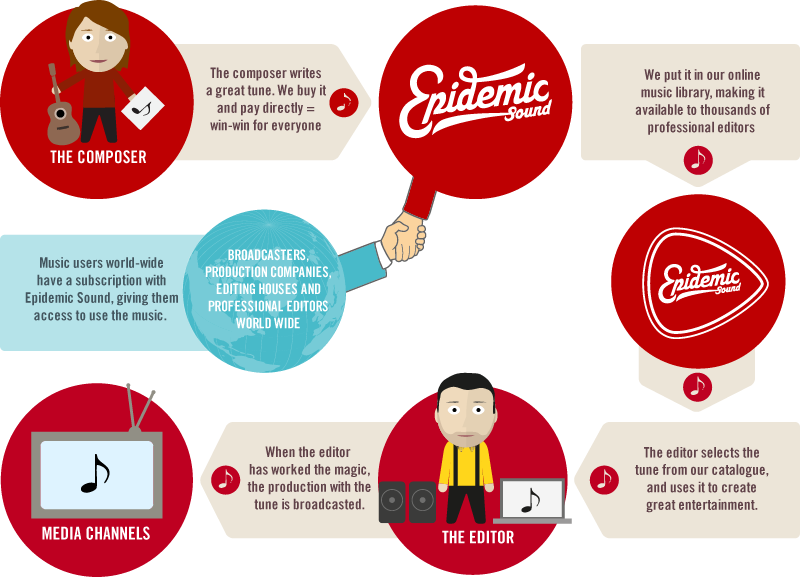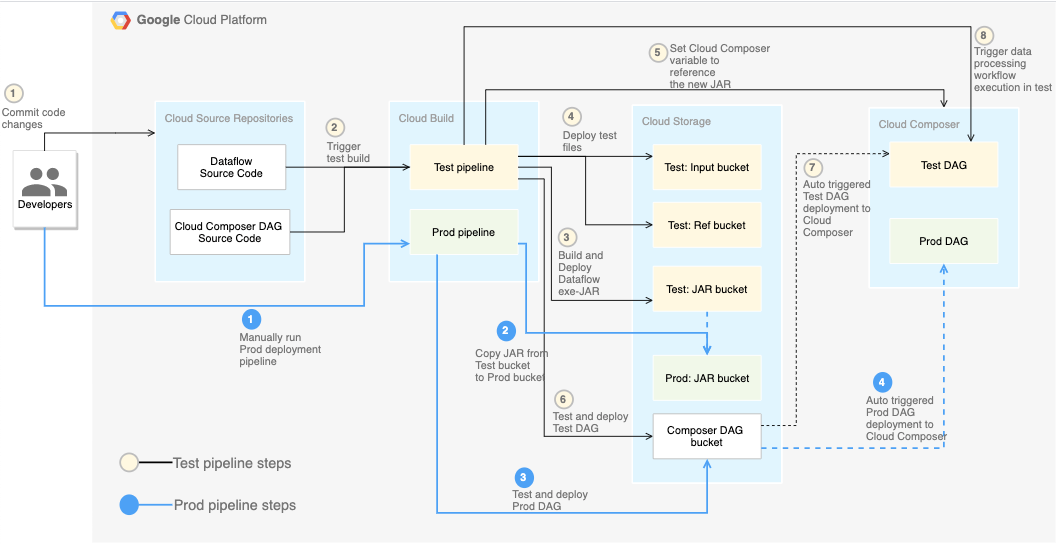What is the main purpose of composer
Composer is a dependency management tool for PHP. It allows you to declare the libraries your project depends on and it will install and update them for you.
Key features of Composer include:
- Managing project dependencies
- Autoloading classes
- Optimizing autoloader performance
Composer simplifies the process of managing dependencies in PHP projects, making it easier to work with external libraries and frameworks. – RAJESH1

Why should you consider using composer
Composer is a powerful tool for managing dependencies in PHP projects. Here are some reasons to consider using composer:
1. Dependency Management
Composer makes it easy to declare and manage project dependencies. You can specify the libraries your project needs and Composer will handle the rest.
2. Autoloading
Composer provides a convenient autoloading feature that automatically loads classes and files as needed, making it easier to organize your code.
3. Package Ecosystem
Composer has a vast ecosystem of packages available on packagist.org, allowing you to easily integrate third-party libraries into your projects.
4. Simplified Updates
With Composer, updating dependencies is straightforward. You can easily update to the latest versions of libraries without having to manually download and include them in your project.
5. Version Control
Composer makes it simple to track and manage the versions of dependencies used in your project, ensuring consistency and reproducibility across environments.

What are the key features offered by composer
Composer is a dependency management tool for PHP. Some of the key features it offers include:
Package Management
- Allows installation and updates of PHP libraries.
- Manages dependencies and their versions.
Autoloading
- PSR-4 autoloading support for PHP classes.
- Eliminates the need for manual inclusion of files.

Who are the primary users of composer
Composer is primarily used by:
- PHP Developers: Composer is a dependency manager for PHP, and PHP developers use it to manage project dependencies efficiently.
- Web Developers: Composer streamlines the process of managing external libraries and packages for web development projects.
- Open Source Contributors: Many open source projects rely on Composer for package management and distribution.

What are the typical use cases for composer
Composer is commonly used in the following scenarios:
- Managing Dependencies: Composer helps in managing external dependencies for PHP projects.
- Autoloading Classes: It provides a convenient way to autoload classes and files in PHP projects.
- Project Installation: Composer streamlines the installation process for PHP projects by fetching required packages.
- Version Control: Allows for better control over the versions of dependencies and ensures compatibility.

How do you get started with composer
This is a subsection related to composer.
Step 1: Install Composer
To start using Composer, you first need to install it. You can download Composer from their official website or use package managers like Homebrew for macOS.
Step 2: Create a composer.json file
Create a new directory for your project and inside it, create a file named composer.json. This file will contain your project’s metadata and dependencies.
Step 3: Define your project dependencies
In the composer.json file, define the dependencies your project needs. You can specify the required packages and their versions in this file.
Step 4: Run Composer
Open your terminal, navigate to the project directory, and run composer install. Composer will read the composer.json file and download the necessary dependencies for your project.

How does it work, in the context of composer
In the context of composer, the workflow typically involves:
- Installation: Composer is installed globally or as a local project dependency.
- Dependency Declaration: Define required dependencies in the composer.json file.
- Dependency Resolution: Execute the `composer install` or `composer update` command to resolve dependencies.
- Autoloading: Utilize Composer’s autoloader to autoload classes without manual inclusion.

Where can you deploy or implement composer
Composer can be deployed and implemented in various environments such as:
- VPS or dedicated servers
- Shared hosting environments with SSH access
- Cloud hosting services like AWS, Azure, Google Cloud, etc.

What are the limitations or challenges associated with composer
When using Composer, there are certain limitations and challenges to be aware of:
1. Version conflicts
Composer may encounter version conflicts between different packages, leading to installation or update issues.
2. Dependency vulnerabilities
Some Composer packages may have security vulnerabilities, which can pose risks to your project.
3. Performance issues
Large dependency trees and frequent updates can sometimes result in performance issues with Composer.
4. Autoloading overhead
Composer’s autoloading mechanism may introduce overhead, affecting the speed of class autoloading.

Comparisons of Other tools with composer
When comparing Composer with other dependency management tools in the PHP ecosystem, several factors come into play. Here are some key points to consider:
Package Management
Composer: Utilizes a lock file to ensure consistent installations across different environments.
Other Tools: Some tools may not have a built-in mechanism for managing dependencies and versions as effectively as Composer.
Community Support
Composer: Has a large and active community that frequently updates packages and provides support.
Other Tools: Community support may vary depending on the tool, with some having smaller or less active communities.
Integration with Frameworks
Composer: Seamlessly integrates with popular PHP frameworks like Laravel, Symfony, and others.
Other Tools: Compatibility with frameworks may be limited, requiring additional configuration or workarounds.
- Feature 1
- Feature 2
- Feature 3
